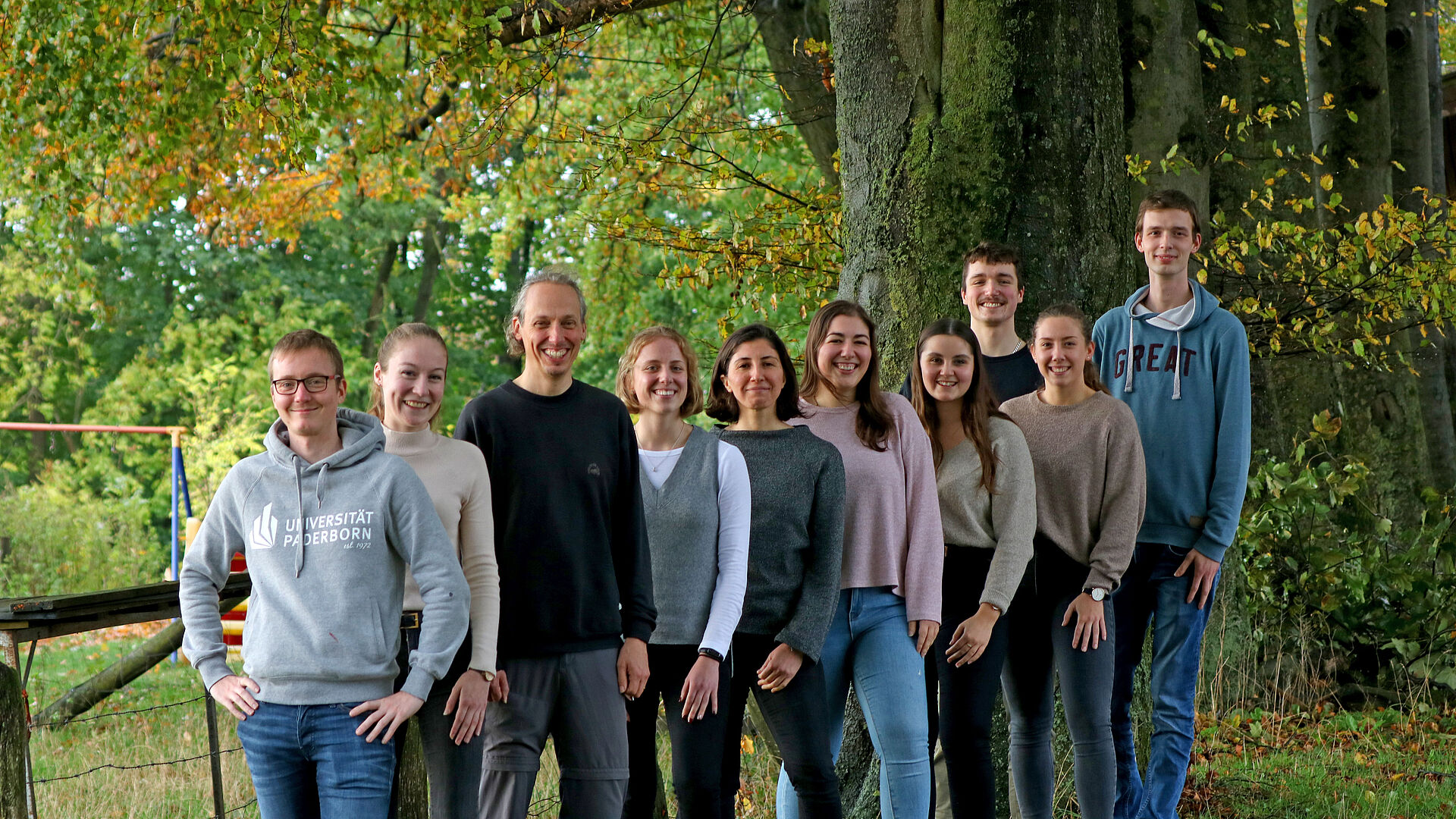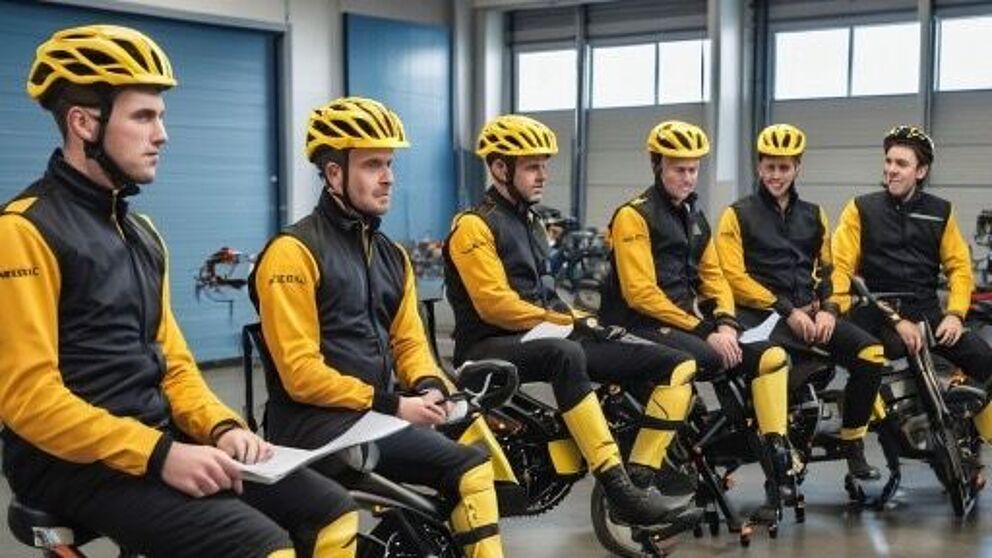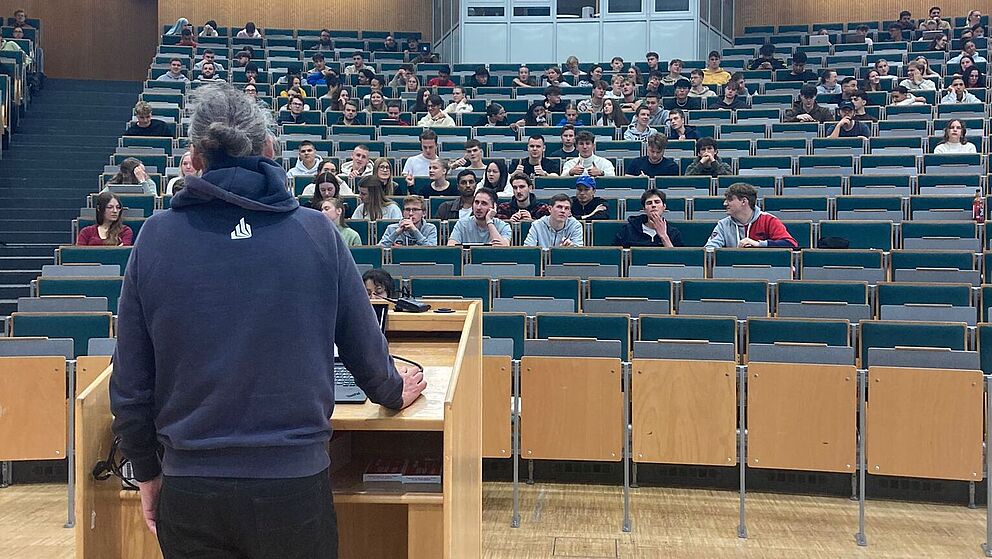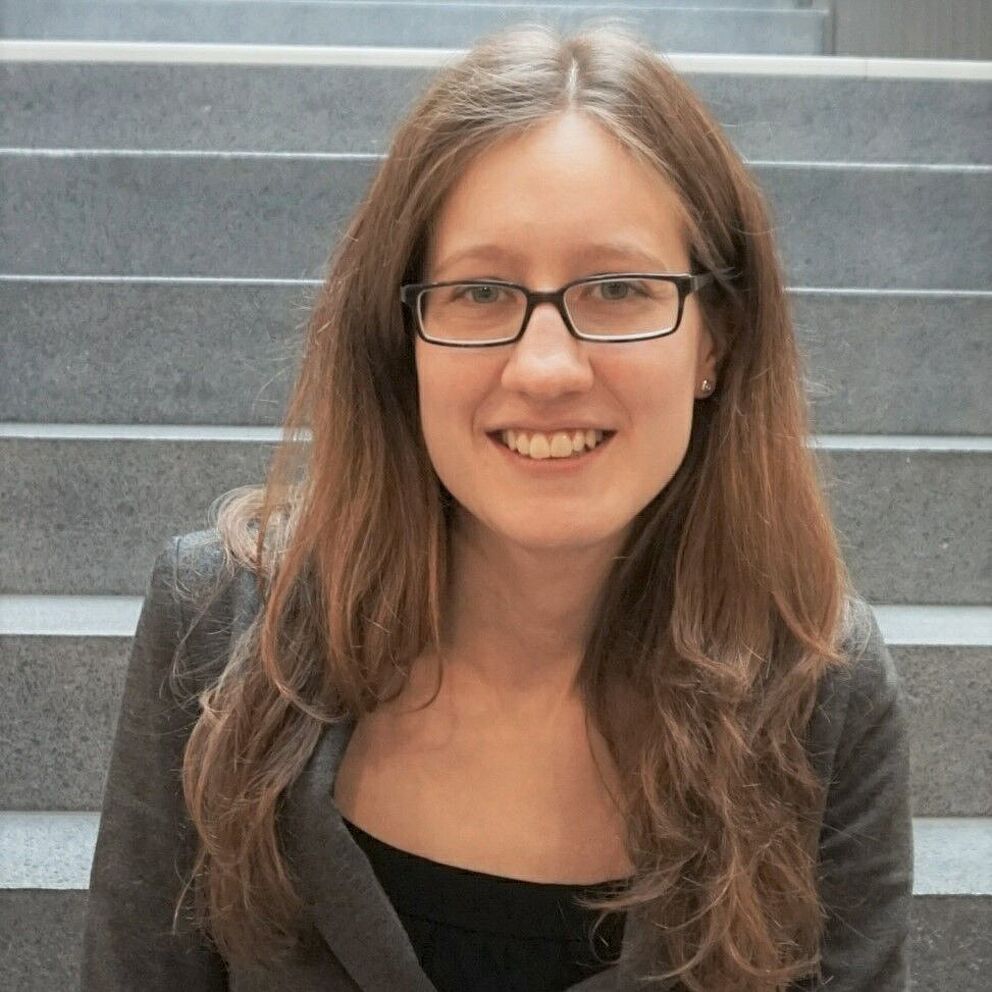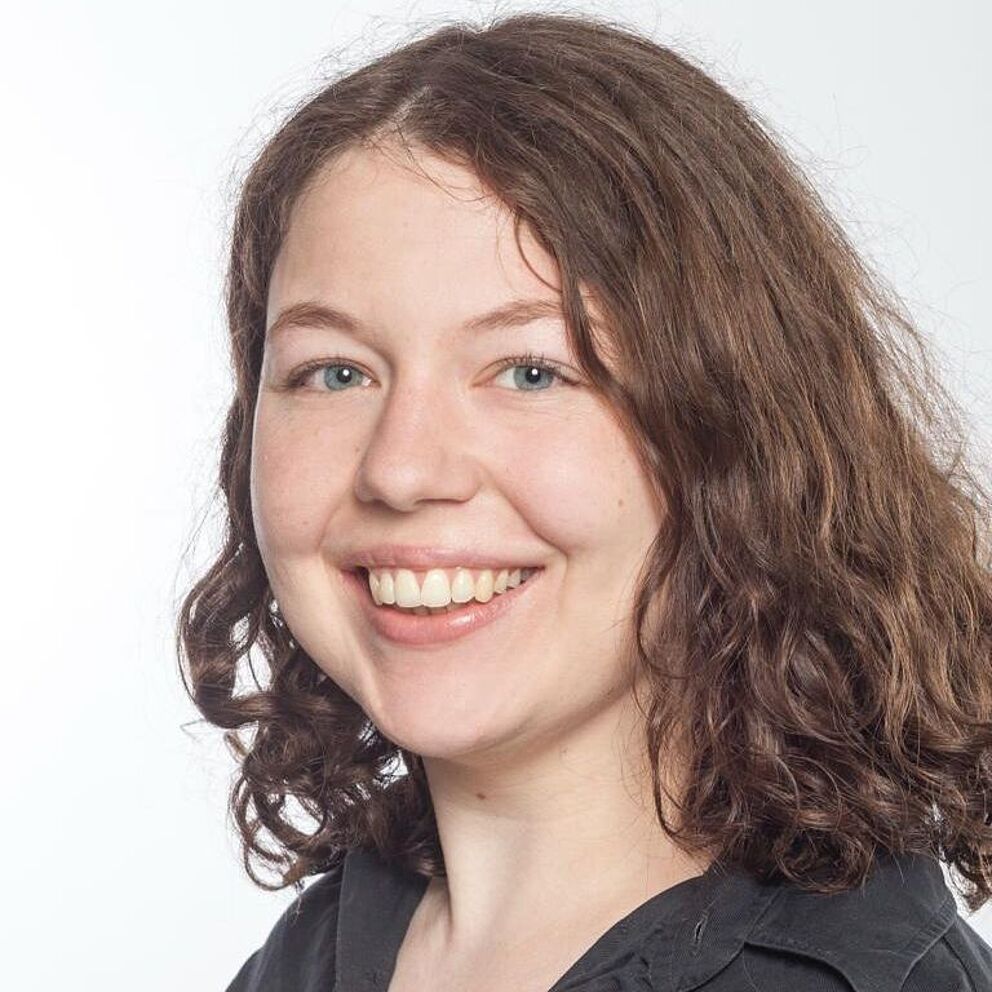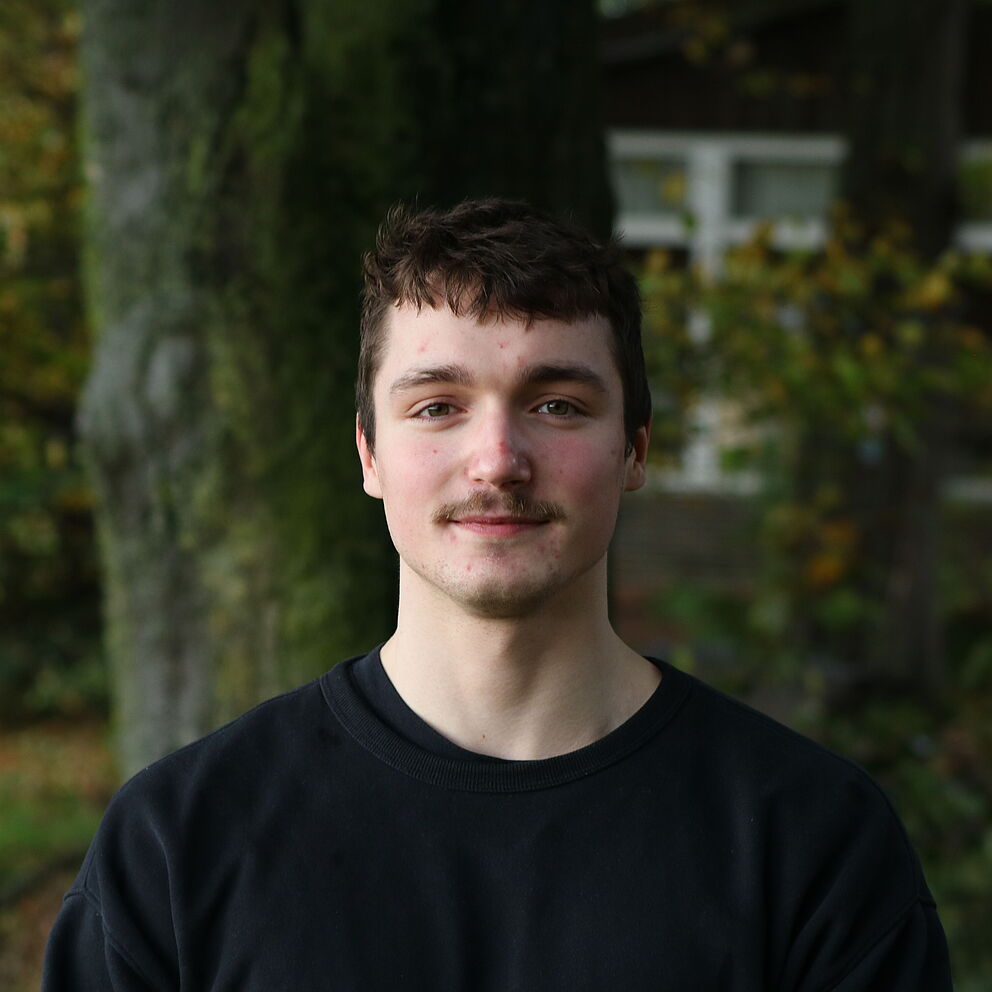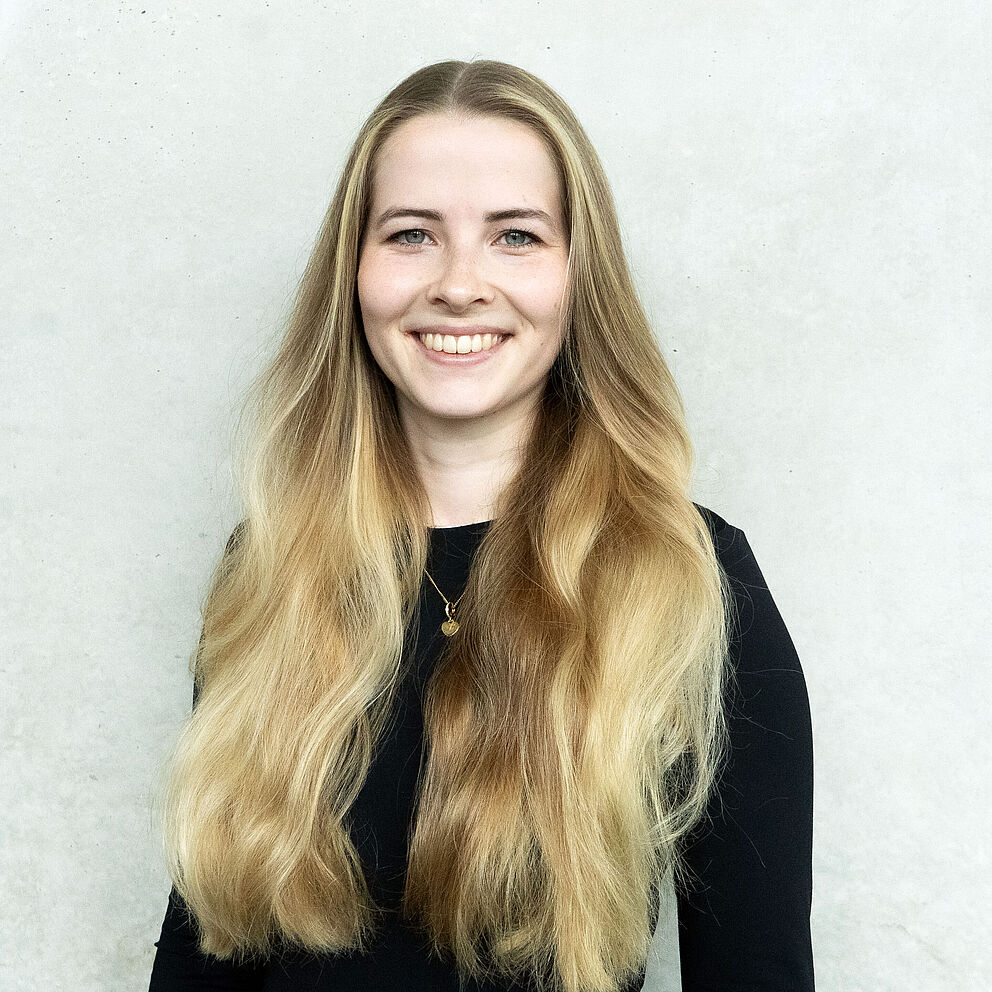Welcome to the Chair of Managerial Economics!
On this homepage you will find all the information about our team, our research areas and the courses we offer. In addition, we also offer information on applications for and writing theses.
Our teaching
We can benefit from each other by entering into dialogue. To do this effectively, we regularly integrate interactive elements into our teaching. Together with the students, we ask questions and actively search for answers. It is always important to us what consequences our answers have for the world.
We place particular emphasis on three aspects in our teaching: Applying economic models to real-world problems, interacting with students during lectures, and promoting and stimulating research.
Teaching programme
Bachelor
| Module name | Semester | ECTS | Language | Contact person |
| M.184.1103 - Introduction to Economics | WS | 5 | DEU | EiWiWi Coaches: eiwiwi@mail.uni-paderborn.de |
| M.184.2176 - Finding and Developing your Research Project | WS/SS | 5 | DEU/ ENG | Eva Klein: finding@mail.uni-paderborn.de |
| M.184.2171 - Managerial Economics | SS | 10 | DEU | Wendelin Schnedler |
Master
| Module name | Semester | ECTS | Language | Contact person |
| M.184.4176 - Finding and Developing your Research Project | WS/SS | 5 | DEU/ ENG | Eva Klein: finding@mail.uni-paderborn.de |
| M.184.5158 - Behavioural Economics for Managerial Decision Making: Theory and Application | WS | 5 | ENG | Dilan Okcuoglu Celik |
| M.184.5170 - The theory and practice of entrepreneurship | WS if applicable | 5 | ENG | Wendelin Schnedler |
| M.184.2178 - Behavioural economics in your everyday life | SS | 5 | DEU | Julia Kramer |
| M.184.5157 - Marketing & Management Challenge | WS | 5 | DEU | Wendelin Schnedler & Julia Kramer |
| M.184.4173 Economics of Strategy | SS | 10 | ENG | Dilan Okcuoglu Celik |
Procedure
We place particular emphasis on practical research and provide students with targeted support as part of our compulsory module "Finding and Developing your Research Project". The module is designed to support students in developing their own research project at the beginning of the processing phase of their thesis. The resulting project then forms the core content of the thesis. We thus actively support the process of developing research projects and assist our students throughout the planning and realisation phase. The thesis can be written in German or English.
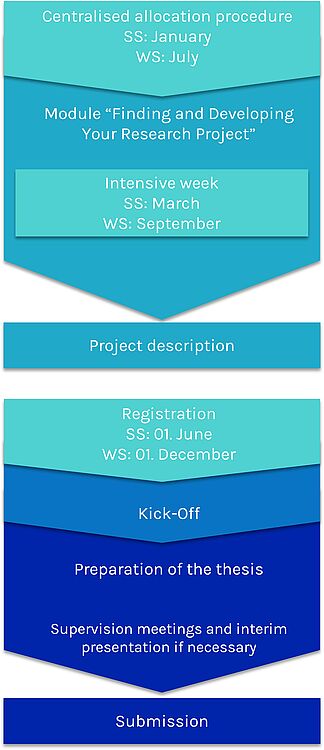
Our 'Finding' course is open to all students, including those who are not writing their thesis with us. However, due to limited capacity, students who are writing their thesis with us will be given priority in the allocation of course places. If you are interested, please contact us at finding@mail.uni-paderborn.de.
Our aim is to prepare students for the challenges of research in the best possible way and to strengthen their skills in independent scientific work. Join us in discovering the many opportunities to organise your own research project. We look forward to fostering your interest in research.
Final theses with us
We take part in the centralised allocation procedure for theses. The procedure distributes the students who wish to write a thesis fairly among the professorships. All information on the centralised allocation procedure.
What makes us special is that, unlike many other professorships, we do not specify any fixed topics. With us, students have the opportunity to write their theses in many different fields on the topic of "human behaviour".
Beispiele Abschlussarbeiten
Aktuelle Forschung
Team
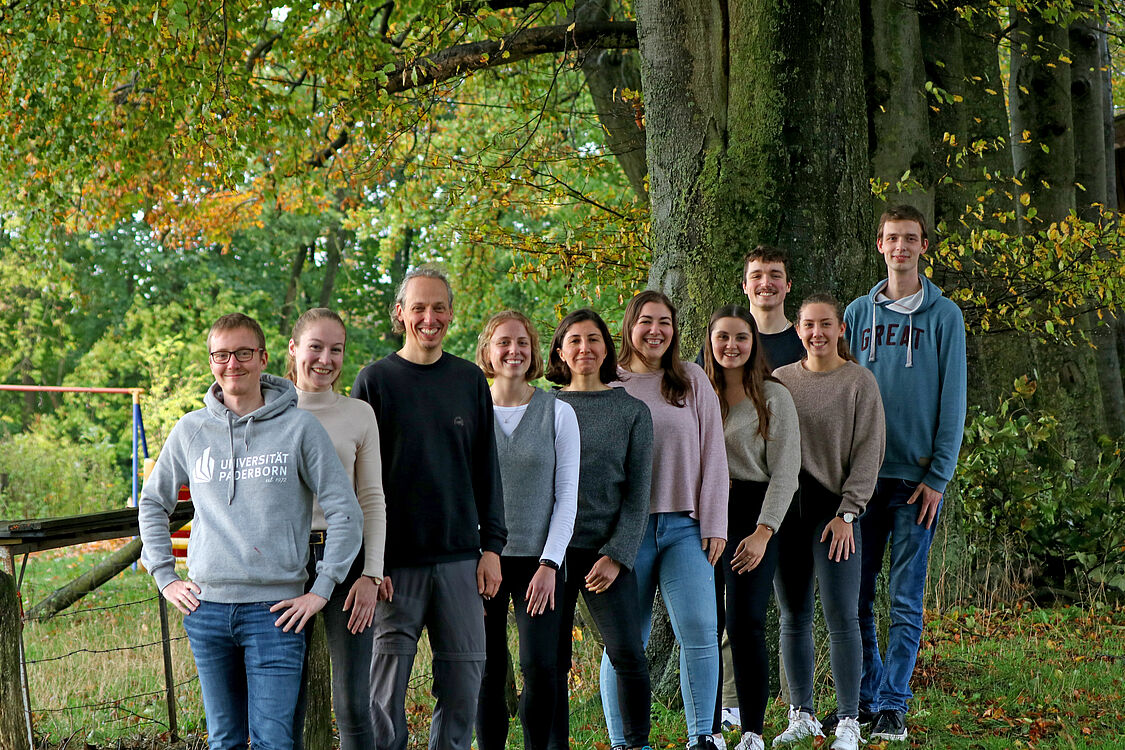
"Working at the chair has had a lasting positive impact on my definition of colleagues and teamwork. There is always an open ear, understanding, support and respect. The numerous social events, from joint lunches to team days, promote friendly interaction and thus the special cohesion of the chair team. I look back on this time with fondness!"
- Pia Pöhlker, former research assistant in the administrative field
Kontakt
Managerial Economics
Faculty of Business Administration and Economics - Department 1: Management
Warburger Str. 100
33098 Paderborn
Alumni
Dr. Xinyu Li
Dr. Silvia Onuchukwu (geb. Lübbecke)
Dr. Nina Stephan
Dr. Fabian Bopp
